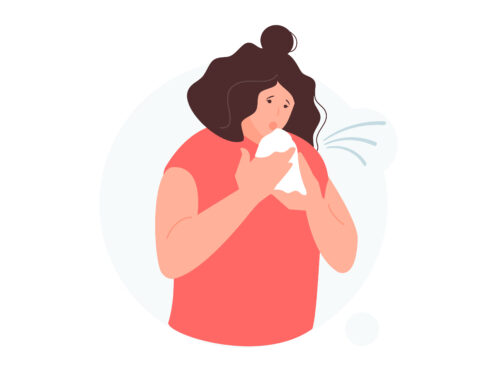So Does Air Conditioning Make You Sick?
In the heat of summer, air conditioning (AC) systems are more than a luxury—they’re lifesavers. They offer a cool retreat from the sweltering temperatures outside, turning homes and offices into comfortable sanctuaries. However, the question has been raised: Can this constant exposure to artificially chilled air make you sick? It’s a topic worthy of exploration, so let’s dive right in.
Is There a Direct Link?
It’s essential to clarify upfront that there’s no concrete scientific evidence showing that air conditioning directly causes illnesses. However, certain conditions and issues associated with air conditioning can contribute to health problems, particularly in individuals who have pre-existing conditions or who are vulnerable, such as those with allergies or respiratory issues.
The Cold Truth
One of the most common beliefs is that the sudden shift from high external temperatures to the chilled indoor environment can cause “temperature shock,” leading to colds or other respiratory infections. While it’s true that drastic changes in temperature can stress the body, catching a cold from this alone is unlikely. Cold viruses are spread through person-to-person contact rather than temperature changes.
However, moving between different temperatures frequently can lead to a runny nose or other temporary discomfort. This is simply your body’s way of adapting to changes in the environment, and it should not be considered an illness or “sickness” caused by air conditioning.
Dry Air and Your Health
Air conditioning systems function by removing humidity from the air. In doing so, they can sometimes make the air too dry, leading to symptoms like dry skin, itchy eyes, dehydration, and even throat and nasal irritation. These can be especially problematic for people with skin conditions like eczema or with respiratory conditions like asthma.
Furthermore, dry air can dry out the mucus lining in your respiratory tract. This mucus acts as a natural defense mechanism against bacteria and viruses. When this lining dries out, it can increase susceptibility to infections, although again, the AC itself isn’t directly causing the illness.
Air Quality Concerns
A poorly maintained air conditioning system can also potentially harm your health. Air conditioners can harbor mold, fungi, and bacteria if not cleaned and serviced regularly. When the system is active, it could potentially spread these contaminants throughout your space, negatively impacting the indoor air quality. Exposure to these pollutants can trigger allergies and asthma and, in severe cases, lead to respiratory infections.
Steps to Stay Healthy
To minimize potential health issues related to air conditioning:
1. Regular Maintenance: Regularly service and clean your AC units to prevent the buildup of mold and bacteria. Ensure filters are changed according to the manufacturer’s guidelines. If you need professional help with your HVAC system, you should call experts like Texas Pride Heating & Air.
2. Humidity Checks: Use a hygrometer to monitor indoor humidity levels. The recommended range is typically between 30% and 50%. If it’s too low, consider using a humidifier.
3. Proper Temperature Setting: Avoid setting the temperature too low. A setting around 24-26 degrees Celsius (75-78 degrees Fahrenheit) is usually comfortable and less likely to contribute to temperature-related discomfort.
4. Stay Hydrated: Keep yourself well-hydrated, especially when spending long hours in air-conditioned environments. This can help alleviate symptoms of dryness.
5. In conclusion, while air conditioning itself doesn’t cause sickness, certain circumstances related to its use can contribute to discomfort or illness. By maintaining your system and monitoring your environment, you can ensure that your cool retreat remains a healthy one.
And remember, when it comes to servicing your HVAC system, look no further than Texas Pride Heating & Air. Their team of experts can help maintain your AC.








